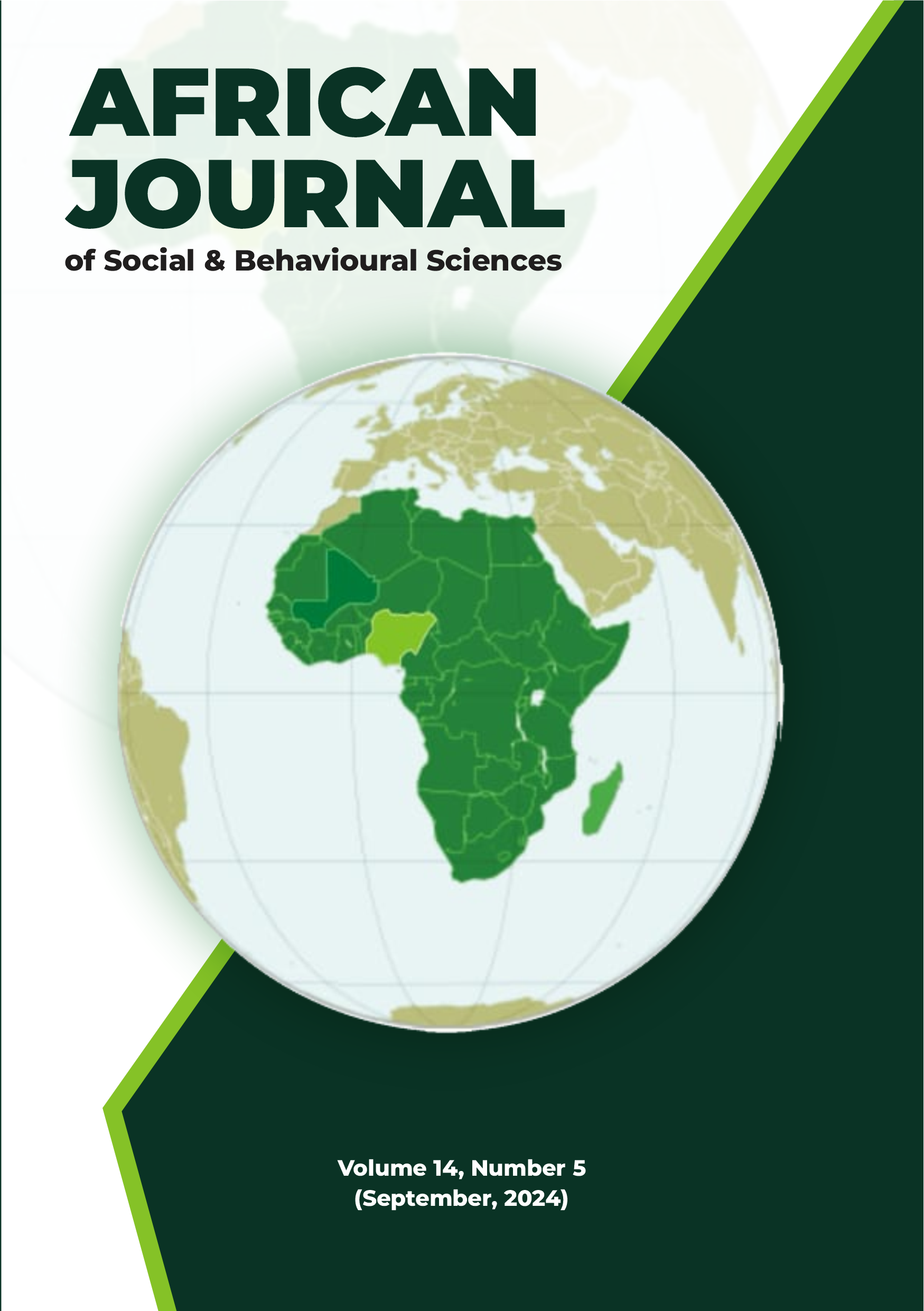TRADITIONAL BELIEF AND DEVELOPMENT: IMPLICATIONS FOR INDIGENOUS SOCIAL WORK PRACTICES
Keywords:
Culture, Development, Belief system, Colonialism, Social work, African societyAbstract
This study examines the role of the traditional belief system in development:
implications for indigenous social work practices. It adopted an exploratory research method
and reviewed secondary data. The study holds that cculture is essential for sustainable
development and that development must align with local culture to be effective.
Development can assume different forms and patterns but the success of any societal
development is linked to how well it is people-centred. That is if the development is
participatory in nature. It was discovered that any developments that run contrary to the
culture of the people will most likely fail because the people are not carried along in the
developmental process. It is therefore recommended that development should consider the
practical reality of some people by making the process participatory. Social workers should
incorporate measures that are culture-bound and seek to discover uniqueness in local
Indigenous ways within specific communities.


